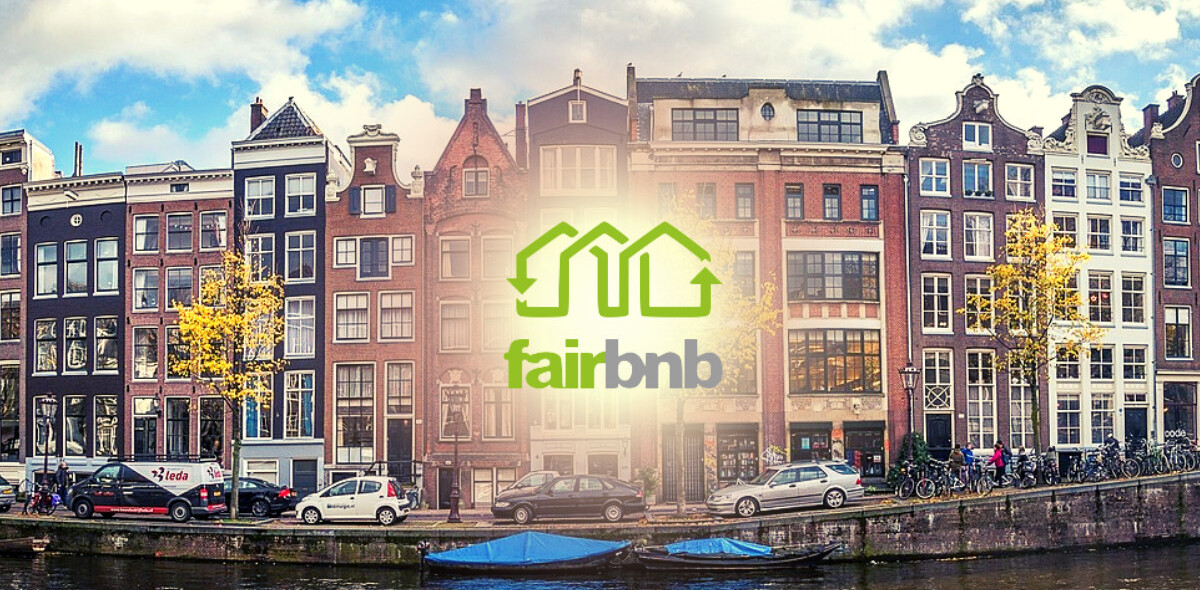
When the dust settled on the hotly-contested battle in San Francisco for increasing regulations for home-sharing sites like Airbnb, the multi-billion dollar corporation and its cohorts ultimately won out.
But that doesn’t mean that Airbnb has come out of the fight on top. The citizens of San Francisco, although voting to allow Airbnb to run as it is now, expressed disgust and dissatisfaction with the company’s tactics. Condescending billboards reminding citizens that it finally caught up on the $12 million in hotel taxes that it had owed to the city, and the news that it had spent $8 million to fight the proposal on the ballot alone didn’t engender Airbnb to many hearts.
In what looks like an attempt at a make-good, Airbnb has released a new promise called the ‘Airbnb Community Compact’ [PDF]. In a blog post describing the document, the company expresses an enthusiasm to actively work with regulators:
We are 100 percent committed to being constructive partners with regulatory agencies and policymakers. Our community wants to pay their fair share. We want home sharing to help people stay in their homes. We also want communities to understand more about who we are and how we approach important public policy issues, including issues like illegal hotels.

As part of the Compact, the company promises to work with regulators to pay taxes, educate hosts about the policies in their cities, and take a more active stance in regulating the rentals that seem suspicious or are essentially used as loose hotels — the kind of properties that San Francisco citizens have taken a particular dislike to in the midst of a full-blown housing shortage in the city.
It also pledges to product a report, released annually, to shed light on economic activity generated in cities by Airbnb, number of days listings are rented on Airbnb, and a safety record of Airbnb listings, which some would consider crucial given the sharing economy’s proclivity to reduce liability in accidents.
This is a learning experience for all and while we will not always be perfect, we have learned a lot since our founding in 2008 and are all committed to doing our best to be good neighbors. We have seen how home sharing helps everyday families pay the bills and pursue their dreams and we are looking forward to doing even more to ensure home sharing makes communities better places to live, work and visit.
Superficially, it all looks happy and nice, like Airbnb is working hard to meet regulators halfway. But in a lot of ways, it also looks like the company wants to play on its own terms. Nestled within that report, designed for transparency, are data points like “the number of hosts who avoided eviction or foreclosure by sharing their home on Airbnb” and “the percentage of Airbnb hosts sharing their permanent home.”
These sorts of statistics do well to emphasize the kind of vision Airbnb wants to craft of those who use its service — regular middle-class people eager to make extra money on the side to help them stay in their homes — versus what citizens have long been suspected of: landlords playing a shell-game with rental properties to capitalize on the windfall short-term rentals can provide.

It is also vague about how it will regulate the impact of short-term rentals on long-term housing. Although Airbnb says in its proposal that it will work to eliminate the pressure by only including hosts who list their rental as a “permanent home,” it’s not as cut and dry as one might think.
For example, in San Francisco, the housing demand has become so high that it’s not uncommon to know someone who is living in an “in-law unit” built by homeowners — and it’s not unlikely to assume that the landlord or homeowner would evict a tenant to capitalize on short-term rentals. How will Airbnb do its homework on a case-by-case basis to understand when and how specific units should be permitted to use the site? The company says clearly in the document that it looks at these measures as a “floor” rather than a “ceiling,” but how much legwork is the company really committed to doing?
Whether its through regulation or cooperation, it’s unlikely we’ve seen the last of the tension between Airbnb and those fighting in the cities for tenants’ rights.
➤ The Airbnb Community Compact [Airbnb Blog]
Get the TNW newsletter
Get the most important tech news in your inbox each week.





